Water is essential to life. It's a simple truth that we often take for granted. As we navigate the climate challenges of the 21st century, it will become increasingly clear that water is a finite and precious resource. Clean, potable water is a vital resource for human consumption, yet it is considered non-renewable.
In this blog, we'll explore why water conservation is important and some unique ways you can start conserving water at home.
Why Conserve Water?
While Earth is filled with vast oceans, lakes, and rivers, this natural abundance of water doesn’t translate directly into usable water. Water from these sources requires treatment and purification, and pollution presents a major obstacle to keeping these sources clean. Preserving water is important for our health as human beings, and for the diverse wildlife we share this planet with.
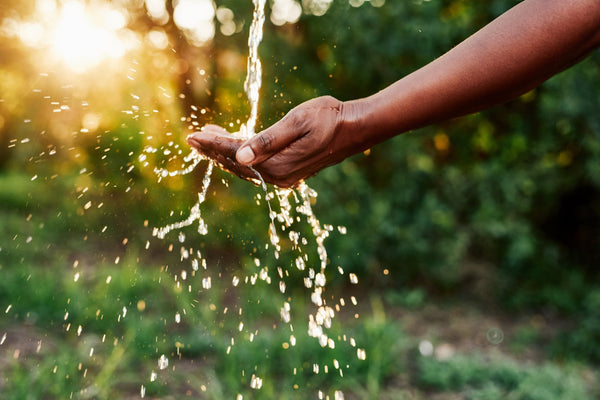
You’ve probably heard people talk about water conservation before. During drought periods, and particularly in the summer, preserving water plays a crucial role in sustaining crops and livestock. It's imperative to recognize that water is not an infinite resource. Its conservation is essential for both our present and future well-being.
Imagine a world where water scarcity is the norm, where droughts become more frequent, and conflicts arise over limited water resources. To avoid this bleak future, we must take responsibility for our water consumption.
Environmental Impacts
It’s no secret that water conservation has a profound impact on the environment. When we use less water, we reduce the energy required to treat, pump, and distribute it. This leads to a decrease in greenhouse gas emissions, contributing to a cleaner, healthier planet.
Water conservation also protects aquatic ecosystems. When we use water wisely, we preserve the precious habitats of countless plants and animals, like wetlands and rivers. These places are bustling neighborhoods for wildlife, and they depend on clean, abundant water sources. By cutting down on water waste, we reduce the need to interfere with these vital ecosystems.
Responsible water use means less pollution, which is a big win for aquatic creatures and the entire environment. So, water conservation isn't just a practical habit – it's a way to ensure that our planet stays a vibrant home for all living things.
Sustainable Living
Sustainable living is about making choices that benefit us and the planet in the long run. Water conservation aligns with this philosophy by ensuring that we leave a habitable world for future generations. It's a tangible way to reduce our ecological footprint and promote a healthier, more balanced planet.
By conserving water, we ensure a more equitable distribution of this essential resource. In a sustainable world, everyone has access to clean water for drinking, sanitation, and agricultural purposes.
How To Conserve Water at Home
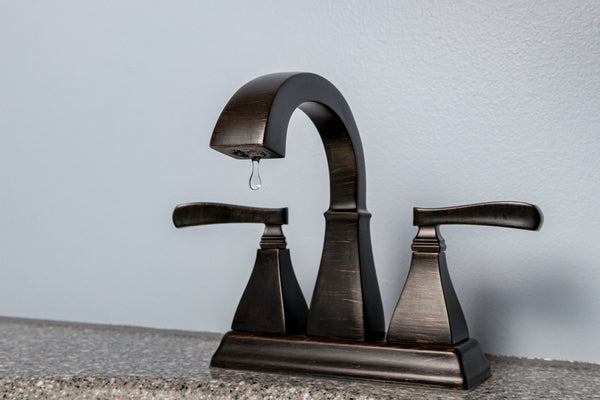
We’ve all heard that you’re meant to turn the tap off while you brush your teeth every day. But what else can we do to save water and contribute to conservation?
While many of us are familiar with the basic tips for conserving water, there are some less common techniques that can make a significant difference in water savings. Check out these unique ways to reduce water consumption in your daily life.
1. Check Your Toilet for Leaks
Often, a leaking toilet can go unnoticed. To find out if you have a hidden leak, place a few drops of food coloring in your toilet tank. If the color appears in the bowl without flushing, you may be wasting more than 100 gallons of water per day.
Household leaks can result in an average family wasting 180 gallons each week, tallying up to a staggering 9,400 gallons of water annually. To put it in perspective, that's the same amount of water necessary to complete over 300 loads of laundry.
2. Stop Using Your Toilet as a Trashcan
Each cigarette butt or tissue you flush takes away five to seven gallons of water. Dispose of these items in a more environmentally friendly way to save water.
3. Install Water-Saving Shower Heads or Flow Restrictors
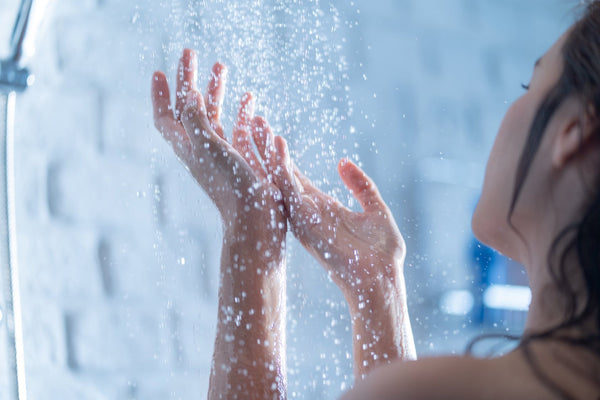
Visit your local hardware or plumbing supply store to find affordable shower heads or flow restrictors. These can reduce your shower's flow to about three gallons per minute, compared to the typical five to ten gallons. They're easy to install and won't compromise the quality of your showers.
By incorporating water-efficient fixtures and appliances, each of us has the capacity to reduce water usage by a minimum of 20 percent.
4. Plant Drought-Resistant Native Trees and Plants
Opt for drought-resistant trees and plants in your garden. These resilient species can thrive without requiring constant irrigation, saving both water and maintenance effort.
Planting native plants instead of traditional grass lawns is great for water conservation because native plants are adapted to local climates. They typically require less water than non-native species, reducing the need for irrigation. Their deep root systems create cleaner local waterways by reducing sediment runoff. Native plants also support local wildlife by providing essential habitats and food sources, contributing to biodiversity and ecosystem health.
5. Capture Excess Shower Water
Place a tub in your shower to collect the excess water while it warms up. This water can be repurposed for watering your plants, reducing waste, and benefiting your garden.
6. Collect Rainwater
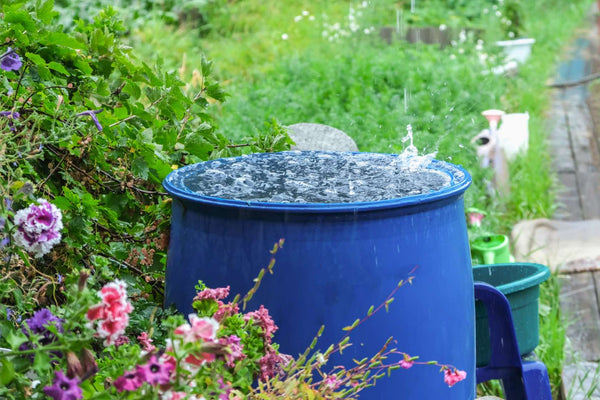
Set up a rain barrel to collect rainwater for gardening and other non-potable uses. This reduces the demand on your municipal water supply.
7. Insulate Hot Water Pipes
Insulating your hot water pipes can maintain water temperature, reducing the time it takes for hot water to reach the tap. You’ll also save energy this way, reducing your energy bill.
8. Use Sustainable Ocean-Safe Products
Using non-toxic, sustainable products in the shower and kitchen, like eco-friendly shampoos and dish soaps, can significantly contribute to water conservation. When these products are used, they release fewer harmful chemicals and pollutants into the water supply, reducing the need for extensive water treatment processes.
These unique water-saving methods provide an opportunity to conserve water in innovative and effective ways. By incorporating them into your daily routine, you can contribute to a more sustainable future while also lowering your water bills.
Every Drop Counts
By understanding the importance of water conservation, we can make informed choices that benefit us, our communities, and our planet. Conserving water at home is a small but significant step toward a brighter, more sustainable future. Every drop saved counts, and together, we can make a substantial impact on the health of our environment and our own well-being!
If you enjoyed reading this Blog, please share it, and help us get the word out together. Thank you! 😊


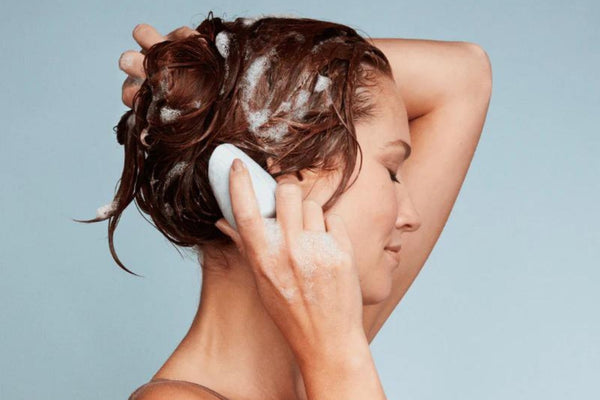









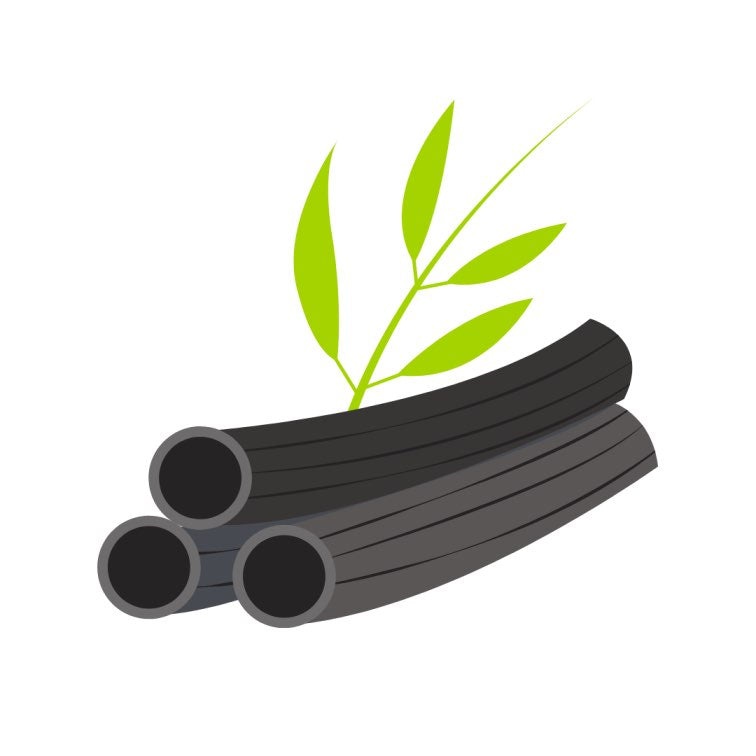
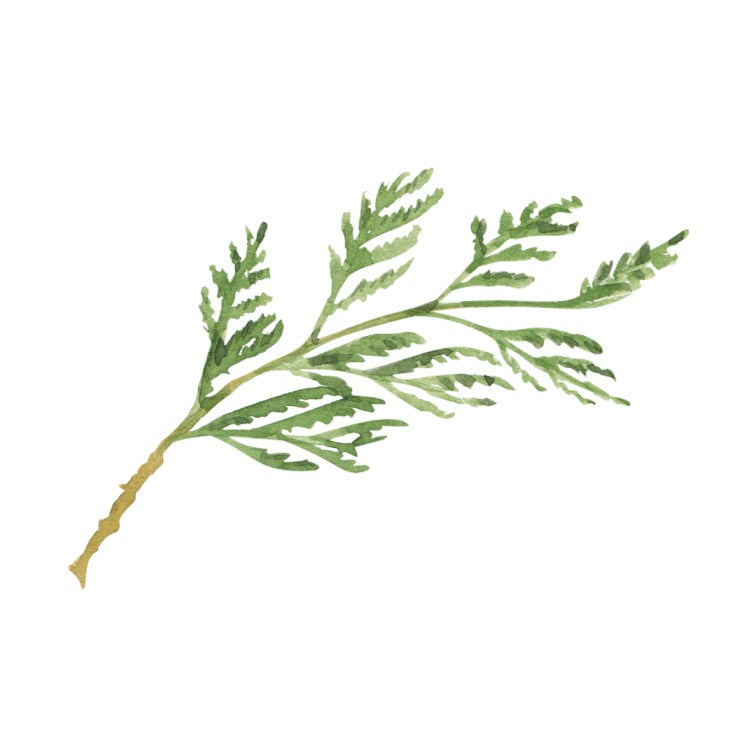
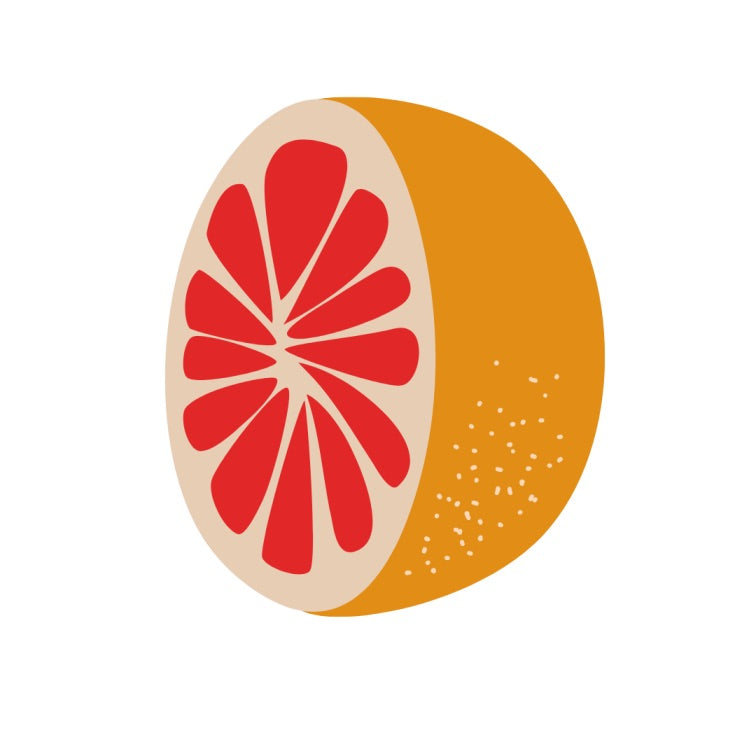
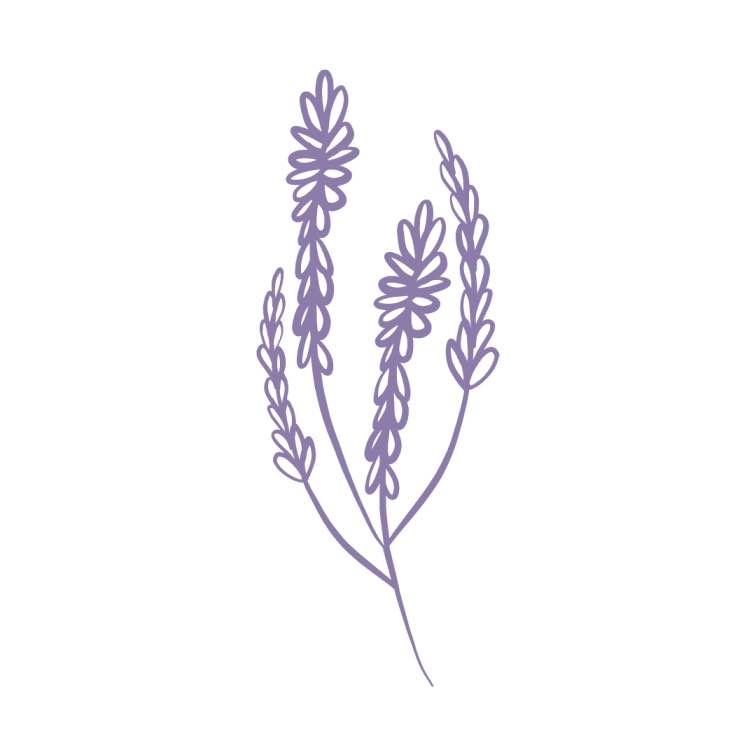














The clear and concise content provides practical advice and insight, encouraging readers to use their energy responsibly. As we move towards an eco-friendly lifestyle, understanding the importance of energy conservation becomes more important than ever. I commend the author for raising such an important environmental awareness.